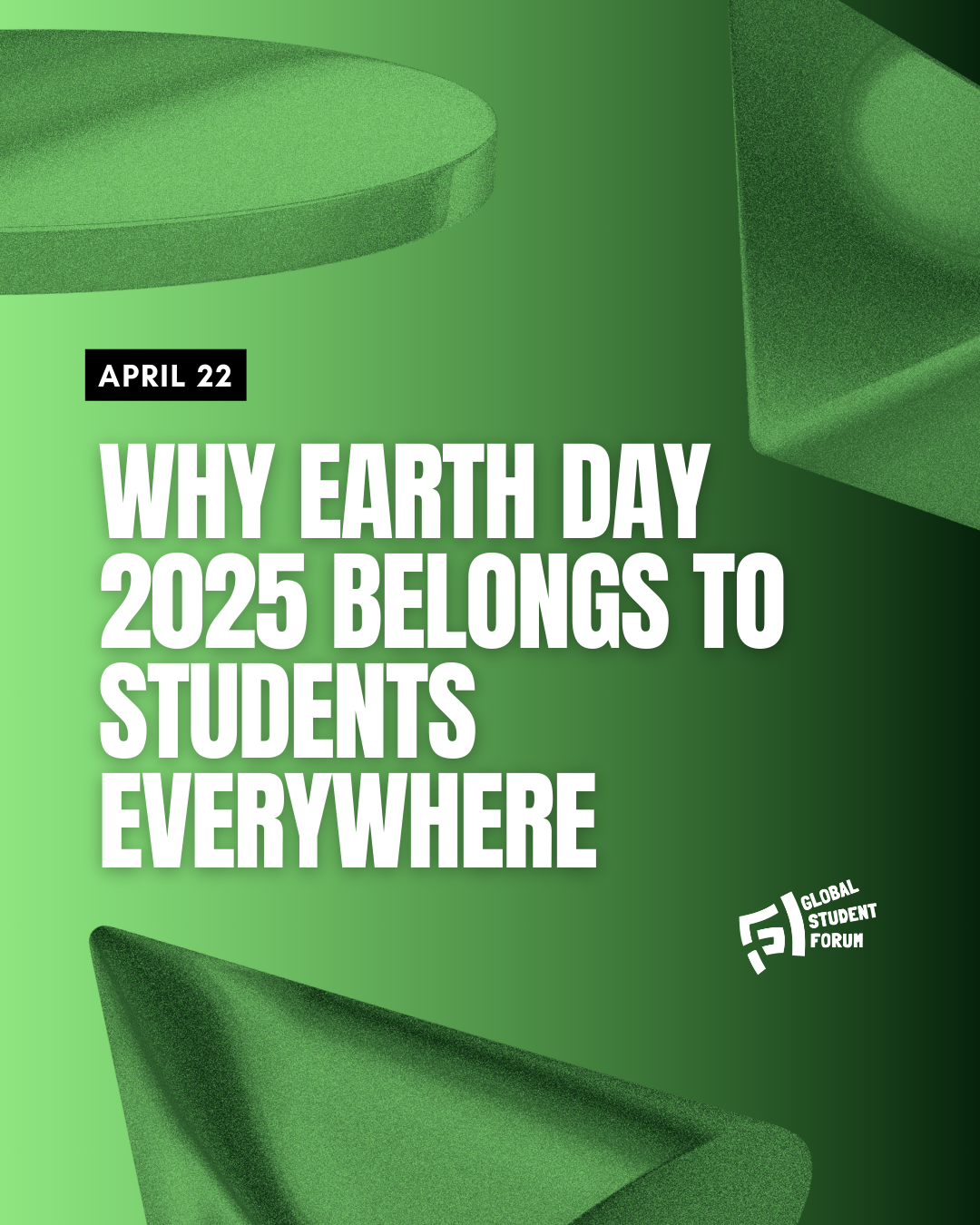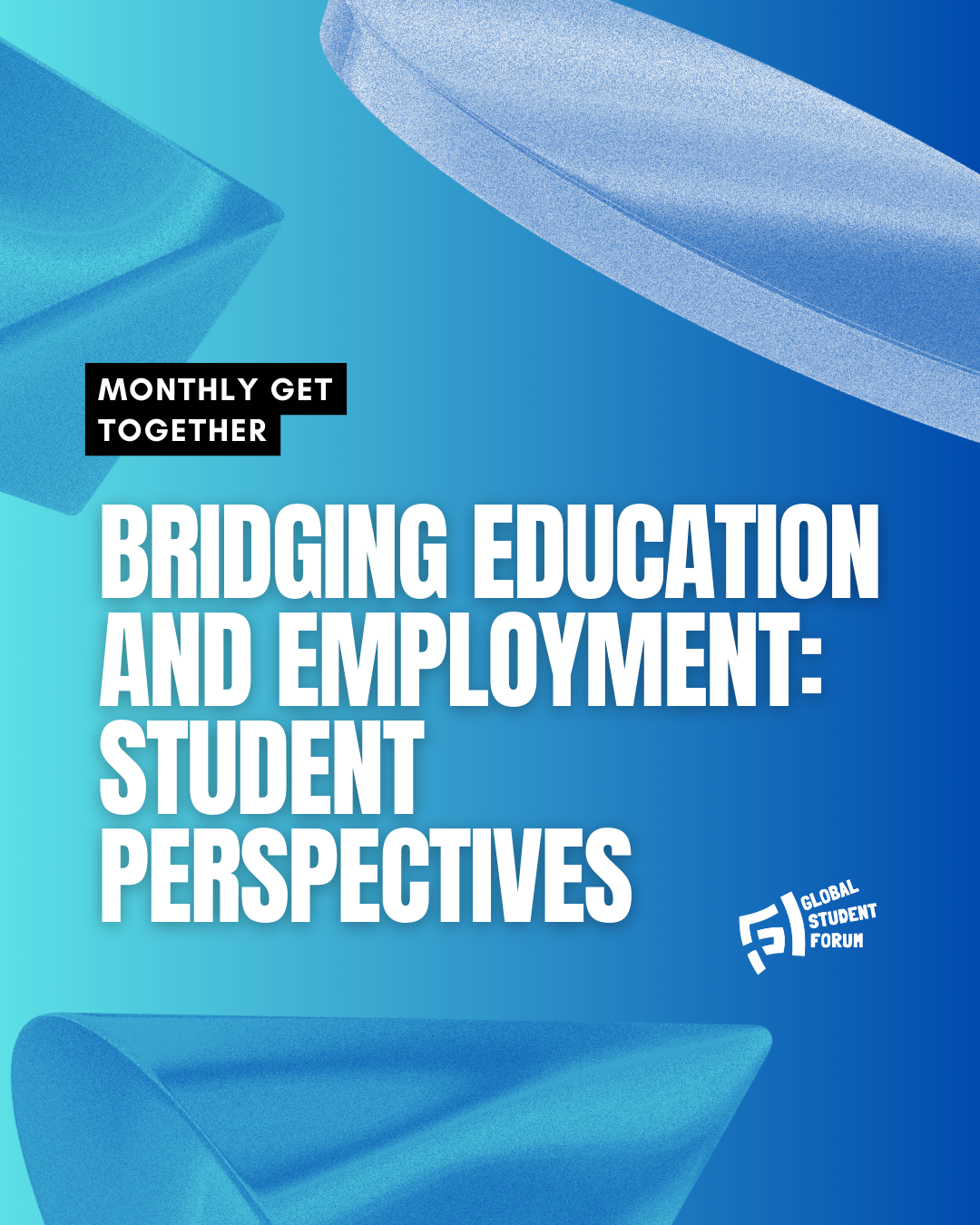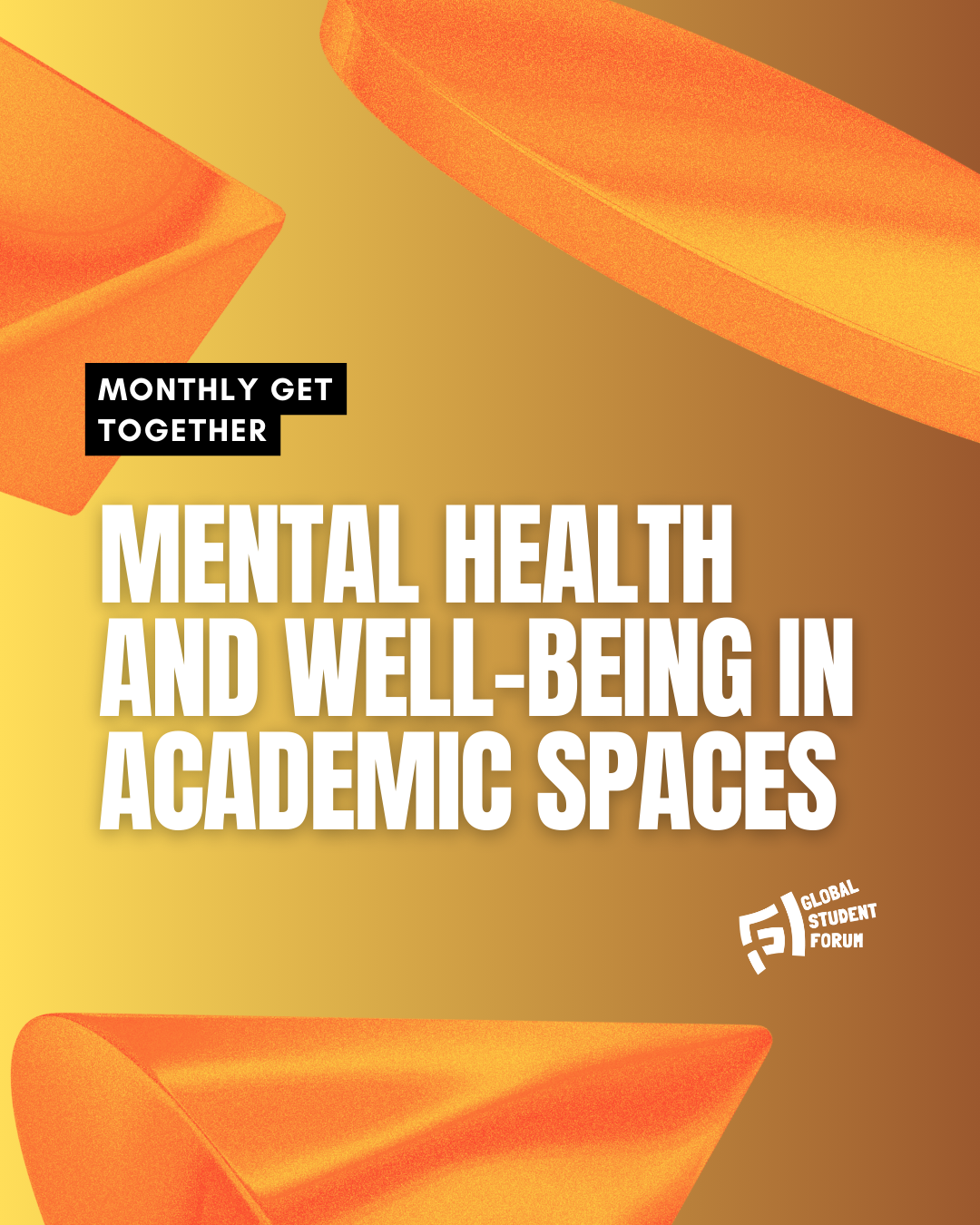The fifty‑fifth Earth Day arrives in a world whose rising temperature is no longer a forecast but a lived experience. On 10 January 2025 the World Meteorological Organization confirmed that 2024 was the hottest year ever recorded, averaging 1.55 °C above the 1850‑1900 baseline and marking the first calendar year to breach the Paris‑Agreement threshold for an entire twelve months. Against that backdrop Earth Day’s official theme—“Our Power, Our Planet”—is both a rallying cry and an emergency signal: power must now mean knowledge, organisation and collective action, for Global Student Forum, starting with education.
Across classrooms, those demands are already reshaping curricula. As a member of UNESCO’s Greening Education Partnership, GSF has witnessed how the initiative has grown to 97 member countries and 1600 organisations. Schools —from Ghana to Finland, Brazil to Bangladesh—have aligned themselves with the new Green School Quality Standard while ministries began integrating the 2024 Green Curriculum Guidance. The aim is explicit: climate change teaching in 90 percent of national curricula by 2030, supported by teacher‑training and community learning programmes that leave no region behind.
Policy signals are shifting too, albeit unevenly. The “finance COP”, held in Baku last November, set a provisional floor of US $300 billion a year in climate finance for developing nations by 2035—triple the previous pledge but still a fraction of estimated needs. The baton now passes to COP30 in Belém, Brazil (10–21 November 2025), where negotiators must transform that target into enforceable mechanisms and match it with a credible fossil‑fuel exit plan.
The legal landscape is also changing rapidly. In December 2024 the US Montana Supreme Court upheld a landmark youth lawsuit, recognising a constitutional right to a stable climate and overturning state laws that barred regulators from considering greenhouse‑gas impacts.
Earth Day 2025 therefore finds global education at a pivot point. The science is indisputable and the technology is scalable, but equitable deployment hinges on informed publics and empowered students. On this Earth Day, the lesson could not be clearer: an educated generation is the most renewable energy source we have—and time to harness it is running short.








